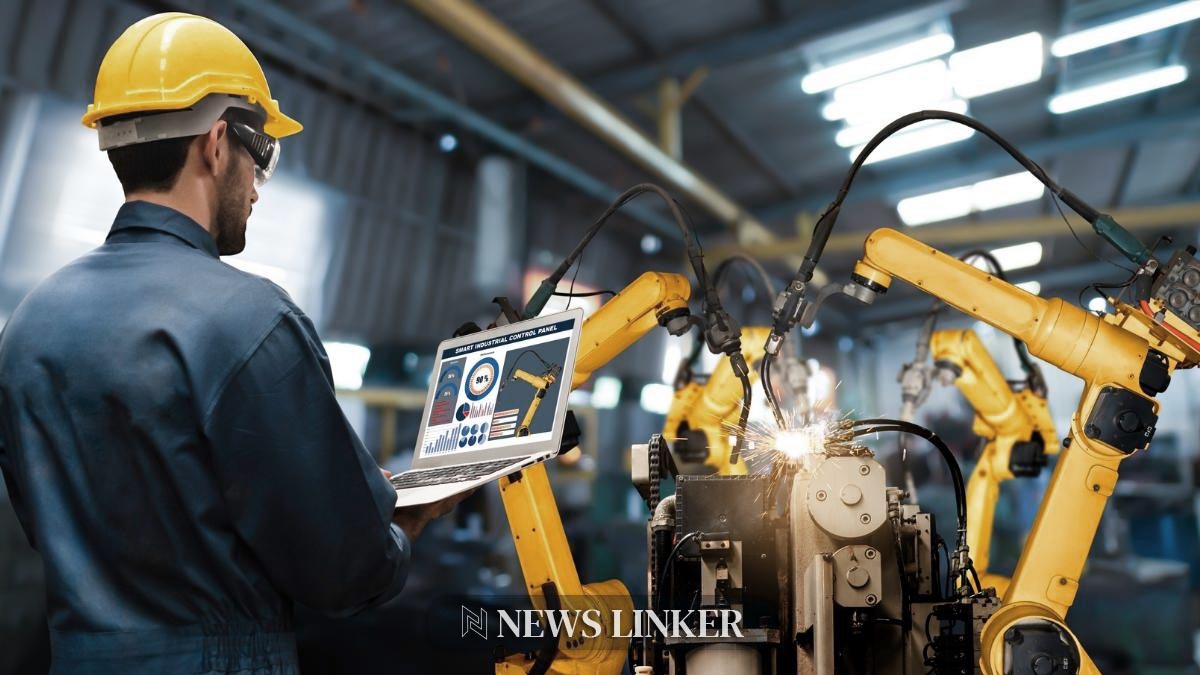In a world increasingly influenced by artificial intelligence (AI), two recent developments highlight the multifaceted capabilities of AI, both in the realm of creativity and physical skill. These instances not only showcase AI’s expanding role but also prompt important legal and ethical discussions.
AI in Creativity: The Legal Labyrinth
The journey of Dr. Stephen Thaler and his AI ‘creativity machine’ DABUS presents a unique legal quandary. DABUS, responsible for inventing a food container and a flashing light, has become the center of a patent rights debate. Thaler’s attempt to register these inventions in the UK and the US, with DABUS as the inventor, has been met with legal resistance. The crux of the issue lies in the definition of an ‘inventor’, which both legal systems currently restrict to human beings.
This scenario raises profound questions about the nature of creativity and ownership in the age of AI. While Thaler’s efforts have been recognized in some jurisdictions like Australia and South Africa, the rejection by major patent offices like those in the UK and the US underscores the complexities AI brings to intellectual property law. The fundamental legal principle that “only a person can have rights” has been repeatedly upheld, leaving AI-generated works in a precarious position regarding copyright and patent law.
AI in Physical Skill: Mastering the Labyrinth
On a different front, the development of CyberRunner by researchers Thomas Bi and Raffaello D’Andrea at ETH Zurich demonstrates AI’s prowess in physical skills. CyberRunner, an AI-powered robot, has mastered the marble game Labyrinth, outperforming human capabilities. This achievement is not just about speed; it’s about the robot’s ability to learn, adapt, and refine its strategy through model-based reinforcement learning.
Unlike AI’s triumphs in strategy games like chess or Go, CyberRunner’s success in a game demanding physical dexterity marks a significant leap. This development showcases AI’s potential in tasks requiring coordination and precision, opening doors to new applications in various fields where such skills are essential.
Reflecting on AI’s Role in Society
As we witness AI’s growing influence in diverse fields, these developments call for a reflection on the evolving relationship between humans and AI. The legal challenges posed by AI in creative domains and its remarkable achievements in physical tasks highlight the need for a reevaluation of our current laws and ethical frameworks. As AI continues to break barriers, the question remains: how will society adapt to these paradigm shifts? The answers to these questions will shape the future of AI’s integration into our lives, challenging us to redefine creativity, ownership, and skill in an AI-dominated era.










